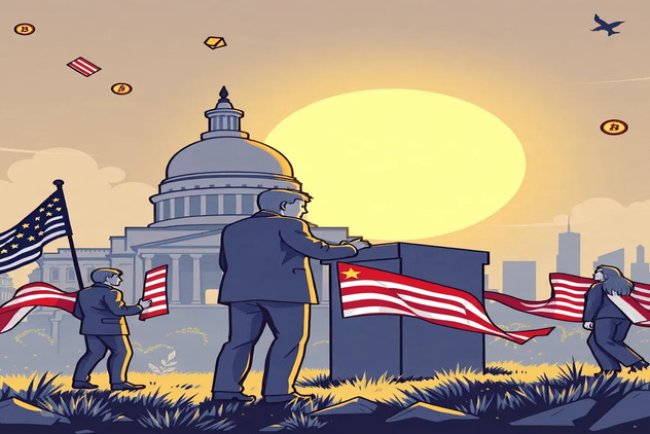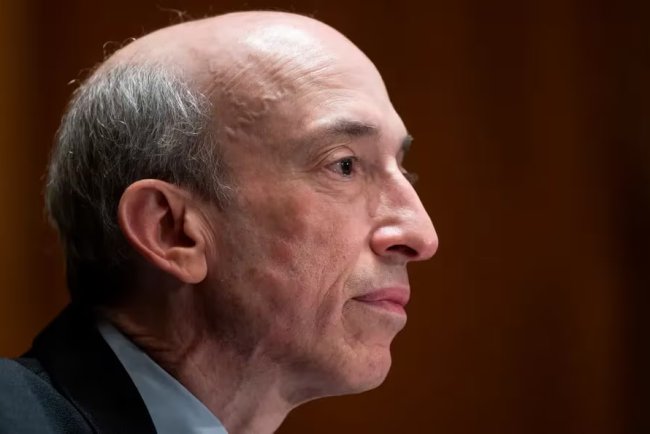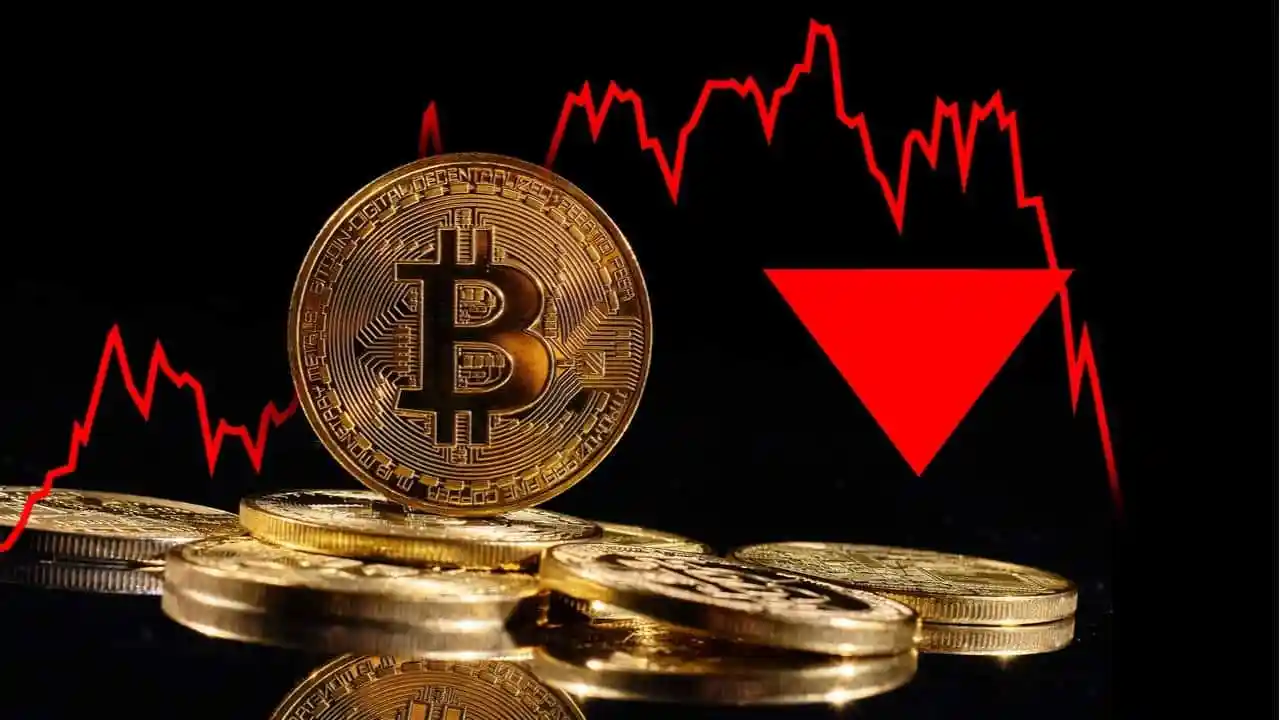French Regulator Investigates Polymarket After Major Bets
The French gambling authority is examining Polymarket's operations following a bettor's significant success in predicting election outcomes.

-
The French gambling authority, Autorite Nationale des Jeux (ANJ), announced on Thursday that it is currently reviewing the operations of Polymarket, a cryptocurrency-based prediction market.
-
A French individual recently gained international attention after making significant and ultimately successful bets on Polymarket, predicting that Donald Trump would win the U.S. presidential election.
ANJ's Statement on Polymarket
-
A spokesperson for the ANJ stated, "We are aware of this site and are currently examining its operation and compliance with French gambling legislation. We will come back to you shortly to inform you of the outcome."
-
Reports indicate that the ANJ, which oversees licensed gambling platforms, is likely to prohibit access to Polymarket soon. An anonymous source mentioned, "Even if Polymarket uses cryptocurrencies in its operations, it remains a betting activity and this is not legal in France."
The Impact of a Successful Bet
-
The scrutiny of Polymarket follows the success of a French bettor, known only as Theo, who reportedly stands to earn $50 million from his bets that Donald Trump would win the presidential election, despite polls suggesting a competitive race against Kamala Harris.
How Polymarket Works
-
Polymarket allows users to buy and sell shares that represent potential future outcomes. Each share pays out $1 in the USDC stablecoin if the prediction is correct, and nothing if it is wrong. The prices, shown in cents, reflect the market's assessment of the likelihood of each outcome.
-
The platform, based in New York, is not available to U.S. residents and has been blocking U.S. IP addresses as part of a settlement with the Commodity Futures Trading Commission (CFTC), which stated that Polymarket was operating without the necessary licenses.
Controversy Surrounding Prediction Markets
-
Advocates for prediction markets argue that they provide better forecasting methods than traditional polls, as participants have financial stakes that encourage thorough research and realistic betting.
-
However, betting on elections remains a contentious issue in many regions. In the U.S., the CFTC is considering regulations that would ban such activities at regulated exchanges.
What's Your Reaction?
















